Summit Speakers
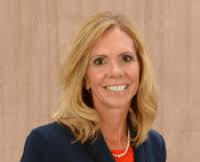
Lesley Albritton, J.D., is managing attorney, Disaster Relief Project at Legal Aid of North Carolina. As the managing attorney of Legal Aid’s Disaster Relief Project, Albritton is responsible for leading one of the most dynamic, high-profile and broadly impactful practice areas in the organization—a vital and weighty responsibility that she fulfills with aplomb, passion and skill.
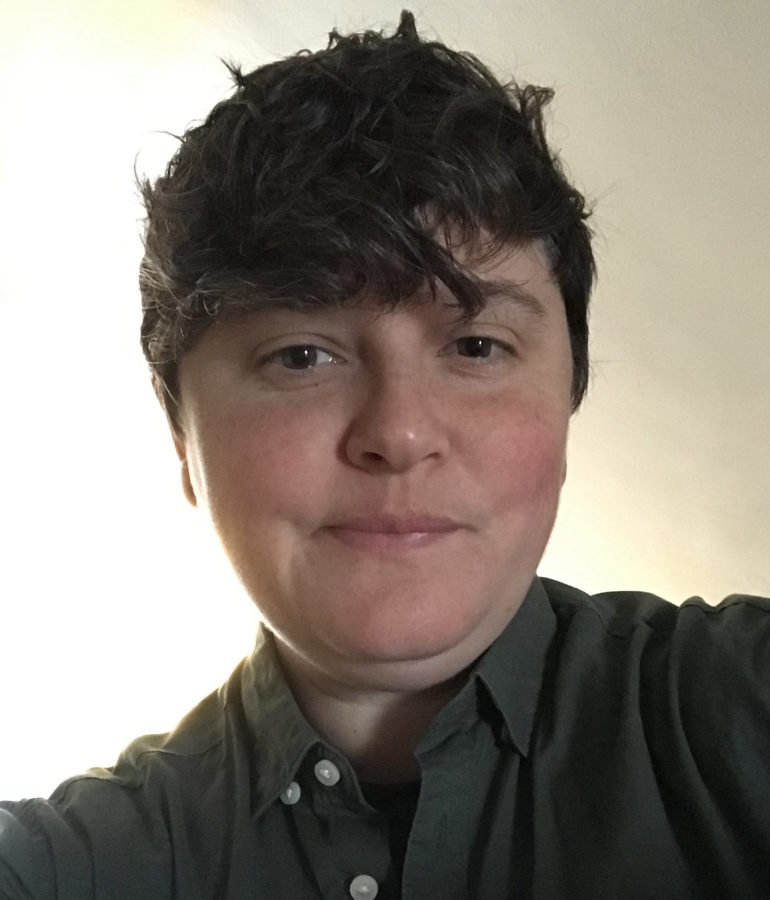
OM Beall, M.P.H., is program manager at Health Professionals for a Healthy Climate. Beall received their Masters in Public Health in Global Health from St. Catherine University, focusing on Environmental Health, Health Equity, and Health Communication. Beall has studied extensively on food, water, and climate issues in the context of public health as well as holding background experience in EMS, mental health counseling, and plant medicine. Coming of age as an activist in the anti-globalization movement, Beall has been a social and environmental justice organizer for two decades. They had dedicated their time to migrant justice including work on the US/Mexico border, climate justice including the fight against the Line3 pipeline, and mutual aid through food solidarity and street medic work in the city.

Erin Bennett, M.P.H., Esq., received her J.D. from the University of North Carolina School of Law, and her Masters of Public Health in Health Policy and Management from the University of North Carolina Gillings School of Global Public Health. She started her time with Legal Aid of North Carolina as a staff attorney working primarily with the Disaster Relief team assisting clients recovering from Hurricanes Matthew and Florence. She now works as a staff attorney with the statewide Medical-Legal Partnership team collaborating with MLP partners to address needs of clients relating to social determinant of health and preparing for North Carolina’s Medicaid Transformation. She also co-runs the UNC Cancer Pro Bono project which brings together law students from UNC School of Law, volunteer attorneys from the local community, and MLP partners from UNC Cancer Hospital to prepare Advanced Directives for cancer patients.
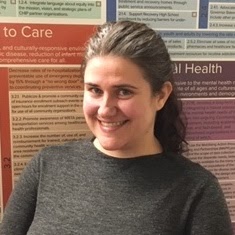
Casey Burns, M.S., an alumna of Clark University is the director of the Coalition for a Healthy Greater Worcester, Massachusetts, and the co-chair of the City of Worcester Taskforce on Food Security. She is an experienced program manager and community organizer. Burns brings her experience as the director of programs at a grassroots food justice organization to her current role in engaging with community members, organizations and institutions to implement the Greater Worcester Community Health Improvement Plan. Burns is also a partner at Burns and Nino Consulting supporting innovation and equity in food and nutrition security program and policy development.
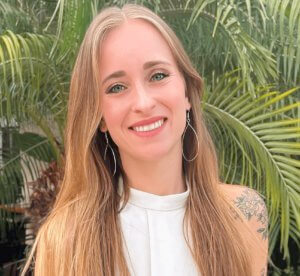
Katherine Catalano is the deputy director of the Center for Climate, Health and Equity at the American Public Health Association. Katherine is a communicator, strategic planner, and leader with almost a decade of experience in climate policy, advocacy, and education across sectors and audiences with a particular focus on centering justice, equity, diversity and inclusion in every aspect of the climate movement. Katherine is passionate about applying her skills and experience to affect change and bring stakeholders together to advocate for climate justice and equitable health outcomes.
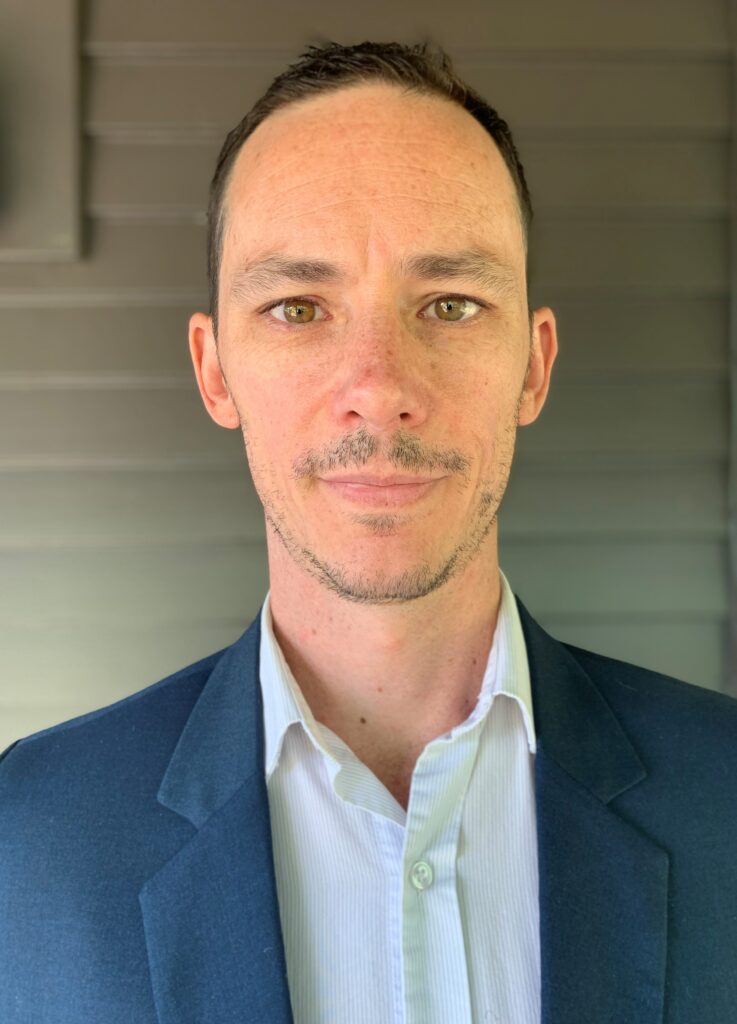
Rad Cunningham, M.P.H., M.P.A., is a senior epidemiologist and manager of the climate and health section at the Washington State Department of Health. Cunningham provides strategy and direction to a diverse set of climate subject matter experts and across the health department on climate and health related issues. In his career, Cunningham has managed a healthy built environment section for Washington State Department of Health and worked internationally on Guinea Worm eradication, maternal and child health programs, and water source provision and protection. He sees the massive changes needed to mitigate for and adapt to climate change as both our greatest challenge and our greatest opportunity to address the structural inequalities that drive health disparities.
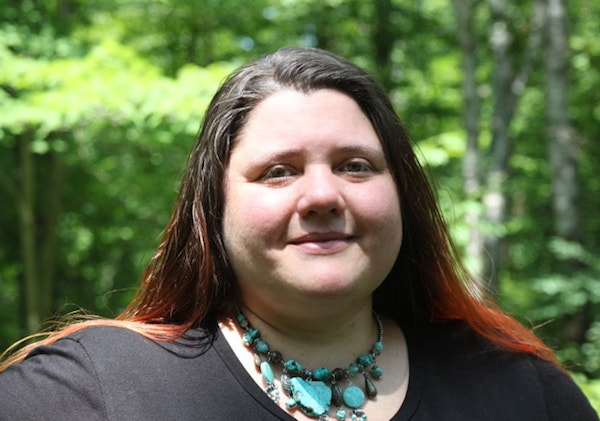
Brenna Doheny, Ph.D., M.P.H., serves as executive director for Health Professionals for a Healthy Climate. Doheny earned her Ph.D. at the Medical University of South Carolina in Marine Biomedicine and Environmental Sciences, studying the effects of environmental endocrine disrupting contaminants on female reproductive tract development in a sentinel species, the American alligator. Her interest in communicating environmental health science to the public then led her to pursue a Master of Public Health degree in maternal and child health at the University of Minnesota. Doheny is currently focused on communicating the health impacts of climate change to the public and policymakers and fostering community-based strategies to promote mitigation, adaptation, and resilience.

Aniella Fignon, J.D., M.P.H., is a public health practitioner with a passion for serving all peoples and fighting for equity across all spheres of life. She earned her Juris Doctor, Master of Public Health, and Bachelor of Arts degrees at the University of Connecticut, where she studied public health law and its application and impact on diverse communities. Fignon currently works for the Norwalk Health Department in Norwalk, CT and is focused on policy and strategy, with a particular interest in the climate-health nexus.
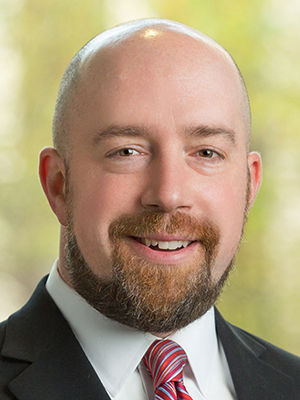
Lance Gable, J.D., M.P.H., is a professor of law at Wayne State University Law School. Gable, an internationally known expert on public health law and bioethics, served as interim dean of Wayne Law from September 2016 to August 2017. He teaches courses on Public Health Law, Bioethics and the Law, Torts and other health law subjects. His research addresses the overlap among law, policy, ethics, health and science. He has published journal articles on a diverse array of topics, including public health law, ethics and policy; international human rights; bioterrorism and emergency preparedness; mental health; research ethics; and information privacy. He also is co-editor and co-author respectively of two books: Research with High Risk Populations: Balancing Science, Ethics and the Law and Legal Aspects of HIV/AIDS: A Guide for Policy and Law Reform.
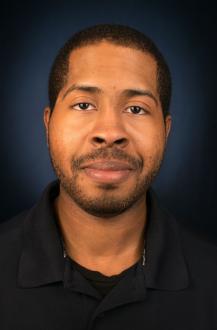
Omar Gates, M.S., is a Climatologist for the Great Lakes Integrated Sciences and Assessments (GLISA). Gates provides climate information and data to researchers and decision-makers throughout the Great Lakes region through a co-production approach. This approach involves working closely with practitioners in finding ways to have climate data supplement their work. As GLISA’s Tribal Liaison, he helps integrate climate science with Indigenous Knowledges for the adaptation practices of Great Lakes Tribal communities and organizations. These experiences cultivate the valuable lessons of maintaining trust and strengthening relationships between Tribal Nations and GLISA.
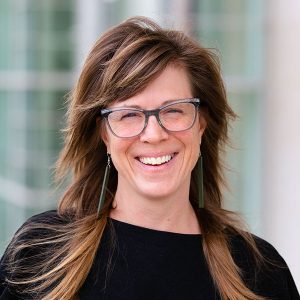
Brenda Hoppe, Ph.D., is a public health scientist who studies the varied impacts of climate change on human health and community well-being. She earned her Ph.D. in Public Health with a minor in Toxicology from Oregon State University, MS in Human Physiology from the University of Oregon, and BS in Education from the University of Wisconsin-Madison. As a Climate Resilience Researcher for MCAP, she develops and coordinates interdisciplinary research integrating climate data to understand risks to humans and communities.
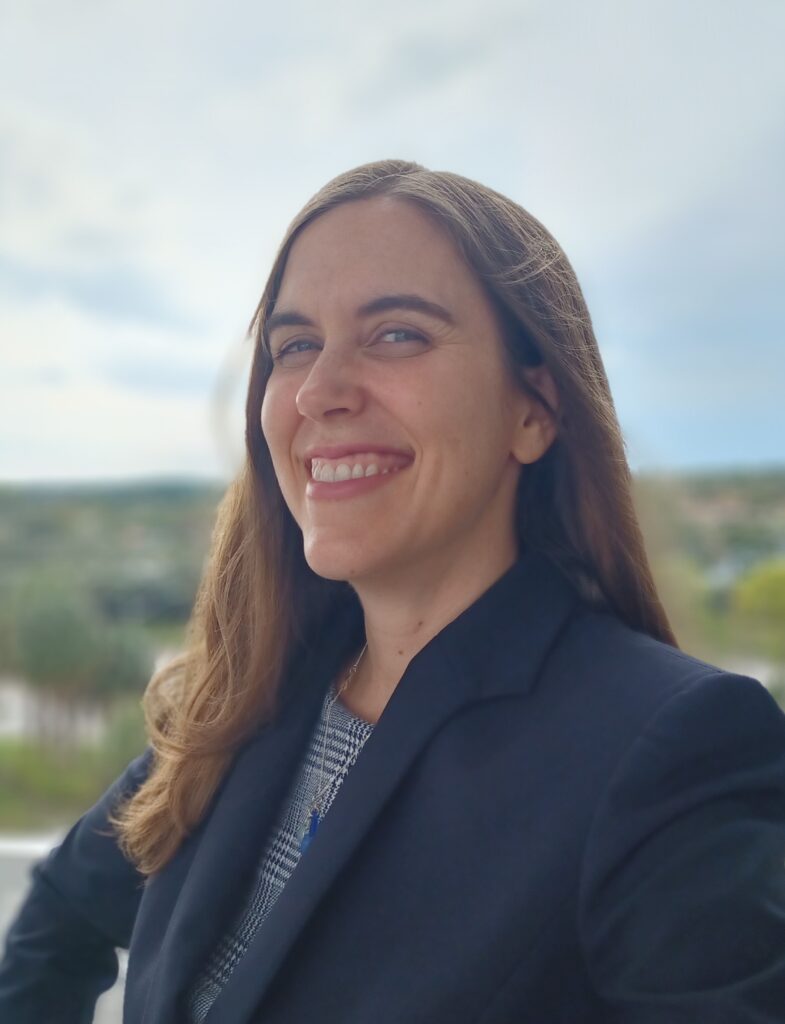
Megan Houston, J.D., M.S., is resilience director at Palm Beach County Board of County Commissioners. As the Director of the County’s Office of Resilience, Megan oversees the County’s climate mitigation, climate adaptation, and sustainable development strategies. She has a broad background in energy efficiency, environmental law, and community development. Prior to her role with the County, Houston was a Program Manager for the non-profit Institute for Market Transformation in Washington, DC, where she developed the organization’s multifamily buildings program to remove market barriers to energy efficiency. In addition, Houston has worked as a Legal Intern with the U.S. Environmental Protection Agency and the New York City Department of Environmental Protection.
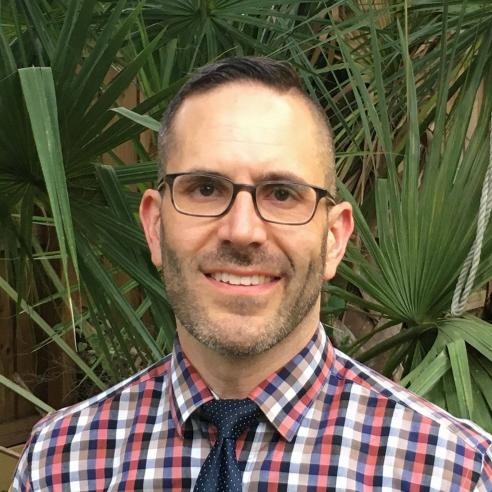
Jason Liechty, M.U.P., is senior environmental project coordinator with the Broward County Environmental Planning and Community Resilience Division, where he manages environmental policy and legislative issues and contributes to many of the County’s climate and energy initiatives. He serves on the Southeast Florida Regional Climate Change Compact Staff Steering Committee and as the Compact’s policy and legislative coordinator. Liechty has also worked as a planner, legislative aide, nonprofit director, and office manager of a craft distillery. He earned a B.A. in international studies from American University, a Fulbright Fellowship to Germany, and a master’s in urban planning from the University of Illinois. Jason is the chair of the City of Fort Lauderdale Sustainability Advisory Board and former co-chair of the Broward County chapter of New Leaders Council, a nonprofit leadership training organization and network.
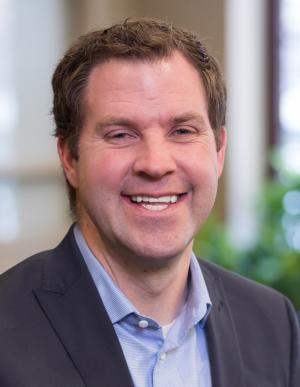
Jamie Long, J.D., is a staff attorney with the Public Health Law Center, providing legal technical assistance on commercial tobacco control issues to public health professionals and organizations, legal professionals, and advocates throughout the United States. Previously, Long worked in Congress as a deputy chief of staff and legislative aide, handling a wide range of policy areas and managing a Congressional district office. He worked as a Litigation Associate for Morgan Lewis LLP. Long also serves as a Minnesota State Representative.
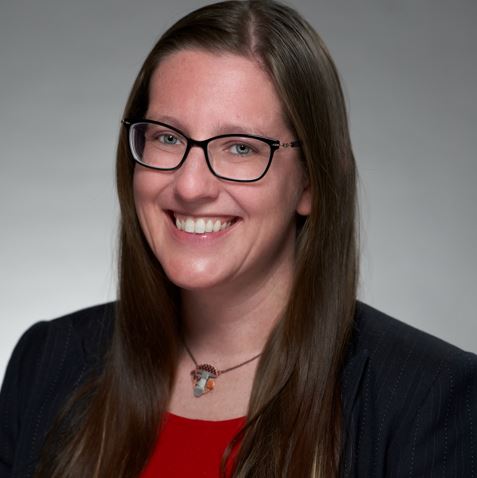
Jennie McAdams, M.P.H., E.H.S.T., is the sustainability section supervisor at Franklin County Public Health which includes climate change efforts, lead and healthy homes programs and the solid and infectious waste team. She has co-chaired the Ohio Public Health Climate Resilience Coalition and spearheaded the white paper highlighting climate change in Ohio. She also serves on NEHAs Climate Change work group as well as NACCHOs Healthy Living and Prevention committee. She leads internal and external sustainability efforts and works to create cross sector partnerships.
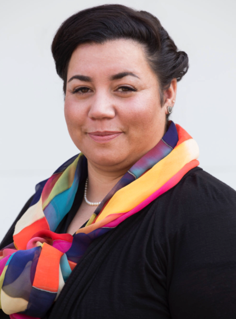
Christina McCoy, M.A., C.C.A.P., has been a nonprofit leader in the Twin Cities for more than two decades. In her current role as the Manager of Community Health Equity Initiatives for M Health Fairview, she oversees community partnerships and programs that advance health equity, and supports systemwide efforts that focus on Justice, Diversity, Equity, and Inclusion. Prior to joining M Health Fairview, McCoy served Minnesota Community Action Partnership, Community Action Partnership of Hennepin County, Community Action of Minneapolis, and a host of other local nonprofit organizations supporting pathways out of poverty and programs that build resiliency and self-sufficiency in marginalized communities. McCoy received her master’s degree from the University of Minnesota in Organizational Leadership, Policy, and Development, and is a Certified Community Action Professional (CCAP), National Certified Results Oriented Management and Accountability Trainer, Validated Quality Consultant, and IDI Qualified Administrator.
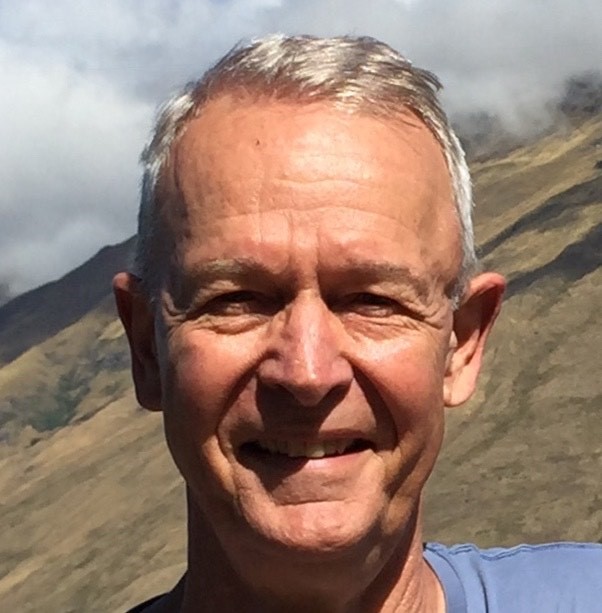
Tony Moulton, Ph.D., is a senior fellow at the School of Public Health, University of Minnesota, where he focuses on climate change adaptation in the health sector. During 1994-2015, he served in a number of senior policy advisory positions at the Centers for Disease Control and Prevention and co-founded and co-directed the CDC Public Health Law Program. Earlier he served as director of the technical policy and budget office to the Office of the Governor, State of Missouri, and as a Peace Corps volunteer in India. He holds a doctorate in Political Science from the University of Chicago and a bachelor’s degree in Government from Dartmouth College. His climate change and other publications are indexed in PubMed.
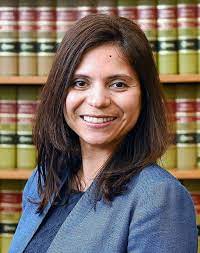
Gina Plata-Nino, J.D., is a staff attorney at the Central West Justice Center of Community Legal Aid. As a staff attorney at Central West Justice Center in Worcester, Plata-Nino manages the food security project, a partnership of the Worcester County Food Bank. She chairs various anti-hunger coalitions including the inaugural city of Worcester Mayor’s Taskforce on Food Security. She works with
state and federal agencies to eliminate systemic barriers to food access. She has presented at both state and national conferences on the importance of equity in food security and utilizes her skills as a vehicle for motivating and supporting lasting changes that bring about social justice and build grassroots leadership in her community.
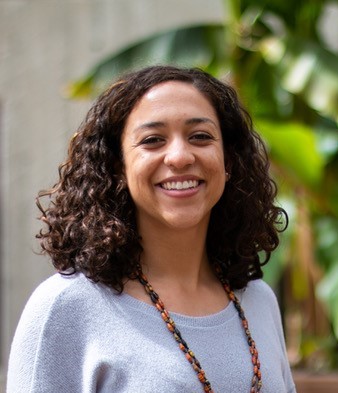
Elise Rasmussen, M.P.H., is the climate justice coordinator at the Washington State Department of Health. Previously, Elise was the manager for the Washinton State Environmental Justice Task Force and worked with communities across the state to write the Healthy Environment for All Act, an environmental justice law that keeps Washington state government accountable to communities most overburdened by pollution. Rasmussen is passionate about working toward and re-imagining a world where all living beings have the opportunity to thrive in healthy environments, especially in a changing climate.
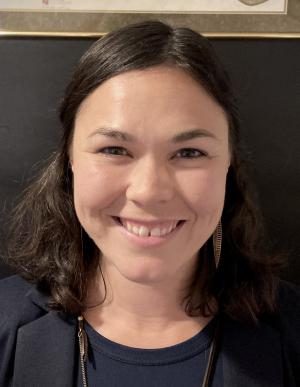
Dani Replogle, J.D., is a staff attorney for the Public Health Law Center, where she provides stakeholders with legal technical assistance on issues at the intersection of public health, climate change, and the environment. As part of the Public Health Law Center’s newly convened climate pilot program, Replogle works with public health advocates, community groups, and other public interest organizations to promote policies that combat environmental injustice and increase equitable access to safe, healthy living spaces. Prior to joining the Public Health Law Center, Dani was the Senior Legal Fellow at Earthrise Law Center in Portland, Oregon. At Earthrise, she represented diverse environmental groups in federal litigation aimed at protecting forests, waterways, and wildlife across the country and around the world.
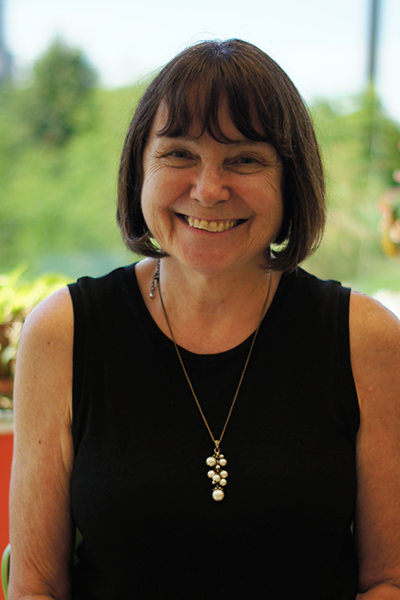
Kathleen Schuler, M.P.H., is policy director at Health Professionals for a Healthy Climate. While climate change advocacy is her retirement project, she previously served as Healthy Kids and Families Program Director at Conservation Minnesota and Co-Director of Healthy Legacy, a Minnesota coalition and campaign to advance public policies and business practices that focus on safer products and safer production methods to protect public health from toxic chemical exposures. Schuler was a co-founder of the Minnesota Green Chemistry Forum, a collaboration among business, government, NGOs and academic leaders to advance green chemistry practice and policy in Minnesota and nationally. Earlier in her career, Schuler served in various Project Manager positions for Medicaid managed care programs at the MN Department of Human Services.
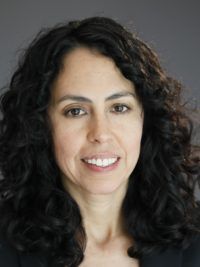
April Shaw, Ph.D., J.D., is a senior staff attorney at the Network’s Northern Region Office. She has expertise in breaking down the policy impacts of laws and illuminating how theory can inform practice. Her current work includes suicide prevention, racial health equity in the context of climate change, and racial health equity more broadly construed. She is especially interested in thinking through how multiple inequities intersect to create systemic disparities. Shaw has worked at the Project on Predatory Lending at the Legal Services Center of Harvard Law school, writing white papers to assist with defrauded students’ defense to repayment claims, and as the Research Scholar at the Center for Public Health Law & Policy at ASU’s Sandra Day O’Connor College of Law.

John Swanholm serves as vice president, community advancement for M Health Fairview, and president at Fairview Foundation. Swanholm provides executive leadership for Community Advancement and the Center for Community Health Equity, comprised of areas where there is significant synergy for M Health Fairview, including: Community Health Equity & Engagement; Community Health Improvement operations and programs; Community Benefit & Measurement; and Philanthropy/Foundation. He also leads organizational imperatives around Anchor Institution Mission and Community & Clinical integration.
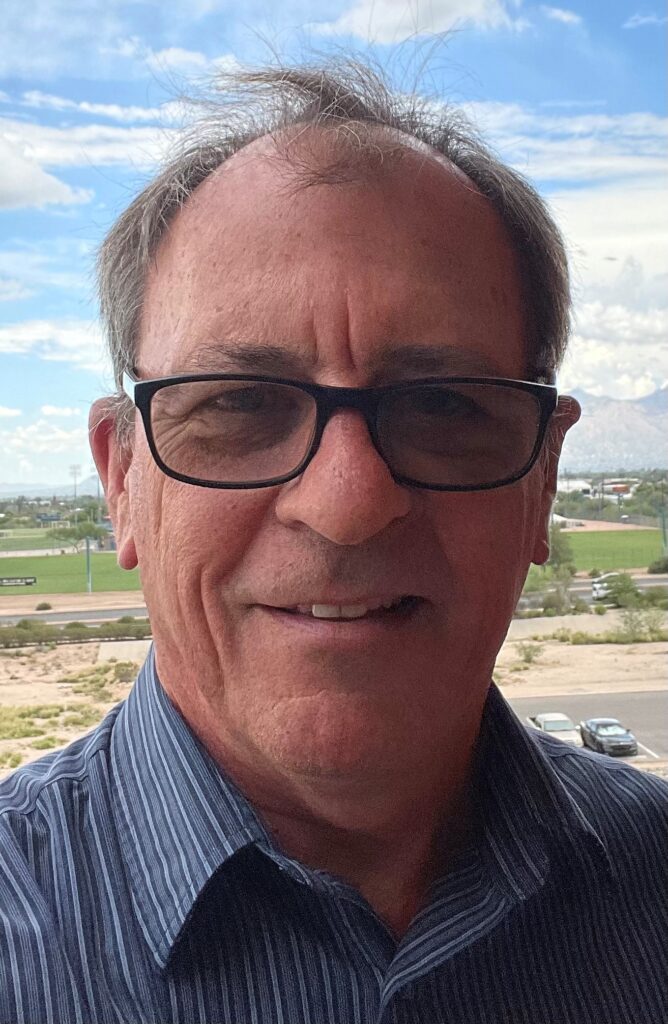
Joe Tabor, Ph.D., M.P.H., is lead environmental epidemiologist at Pima County Health Department, Tucson. As a consultant, he worked in high income and low income countries for NGOs, corporations, local and federal governments, bilateral and multilateral organizations. He led earthquake disaster assessments, environmental assessments, and household food-security project evaluations. As a professor at University of Arizona, he taught environmental health policy and researched valley fever epidemiology and health care workforce.
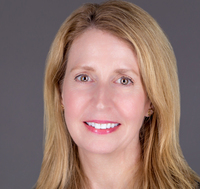
Catherine Toms, M.D., M.P.H., is a senior advisor for Climate and Health, Health Care Without Harm, where she helps Florida’s health care institutions prepare their facilities and communities for a changing climate. As a steering committee member with Florida Clinicians for Climate Action, she educates other health care providers and the public about the health impacts of climate change & advocates for equitable solutions promoting clean energy and resilient communities.
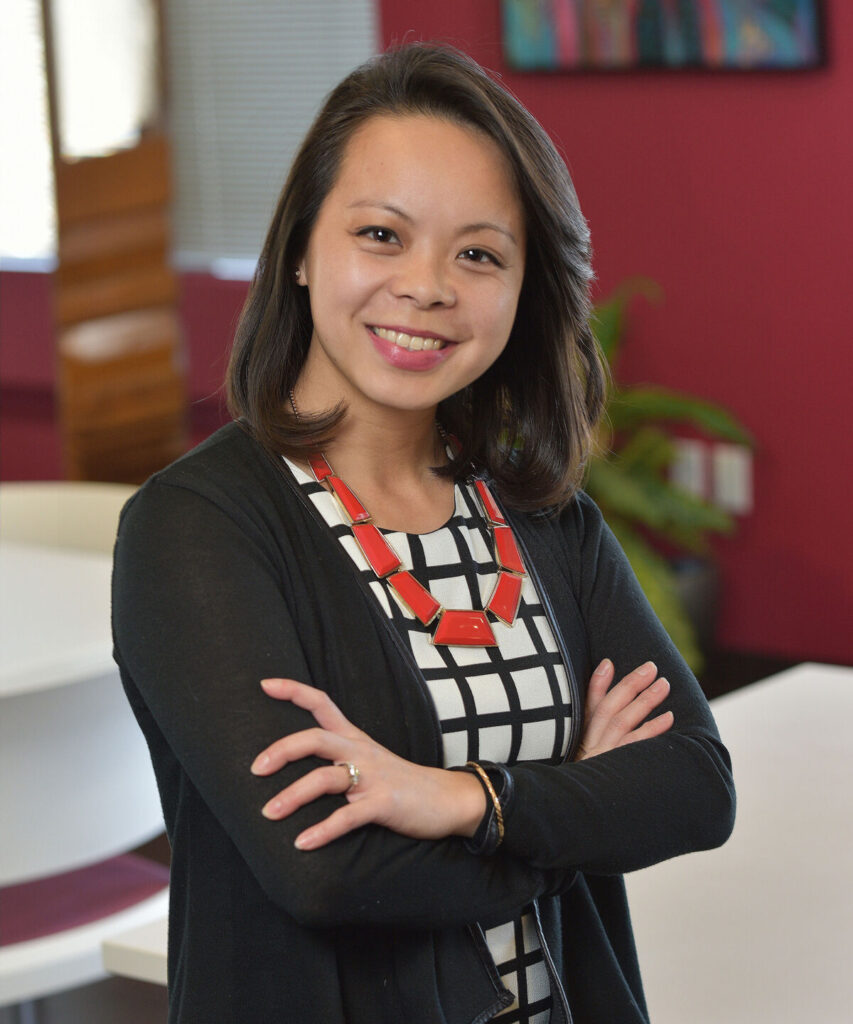
Diane Tran is system executive director of Community Health Equity and Engagement at M Health Fairview, a partnership between University of Minnesota, University of Minnesota Physicians and Fairview Health Services combining the University’s deep history of clinical innovation and training with Fairview’s extensive roots in community medicine. She previously served as system director of Neighborhood Integration and Community Engagement at HealthEast. Prior to that, Tran provided strategic community engagement consulting services as a senior project manager at Grassroots Solutions.
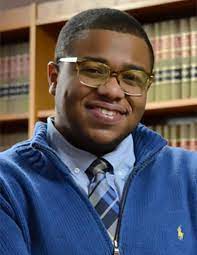
Manire Vaughn, J.D., M.J., is a staff attorney with the Public Health Law Center. Within this role, Vaughn provides legal technical assistance to public health professionals and advocates working on commercial tobacco control policies in California and throughout the United States. Prior to joining the Public Health Law Center, Vaughn worked as a housing attorney at Mid Minnesota Legal Aid, where he advocated for clients facing evictions, subsidized housing terminations, repair disputes, and housing discrimination. Manire is passionate about equity, and has dedicated his career to empowering historically marginalized communities. He is a member of the Good Trouble Coalition, and serves as a board member for Peris Hill Housing Project. Beyond practice, he enjoys mentoring law students, and serves as a faculty mentor at University of St. Thomas School of Law.
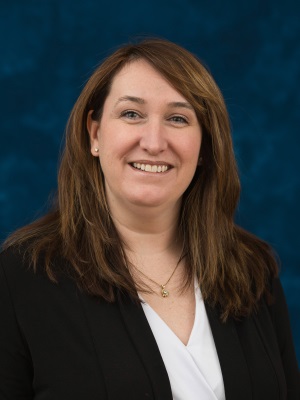
Heather Walter-McCabe, J.D., M.S.W., is associate professor and expert in LGBTQ health equity and public health law at Wayne State University. Walter-McCabe began her career as a social worker at a high acuity pediatric tertiary care hospital in the Midwest working with families whose children had significant medical needs. After law school, she directed a public health research program examining the impact of firearm violence in Indiana. She later served as the Executive Director of the William H. and Christine H. Hall Center for Law and Health at the IU Robert H. McKinney School of Law before joining the faculty at the Indiana University School of Social Work. Walter-McCabe’s research is done at the intersection of law, social work, and public health.

Khashia Yang, B.A.S., was born and raised in Saint Paul, MN. She graduated from the University of Minnesota with her Bachelor of Applied Science degree in Health Services Management and minored in Public Health with a certificate in applied Business. After graduation, she got the opportunity to work as a project coordinator at Abbott Laboratories, while also pursuing her Master’s degree in Clinical Social Work at Saint Mary’s University of Minnesota.
